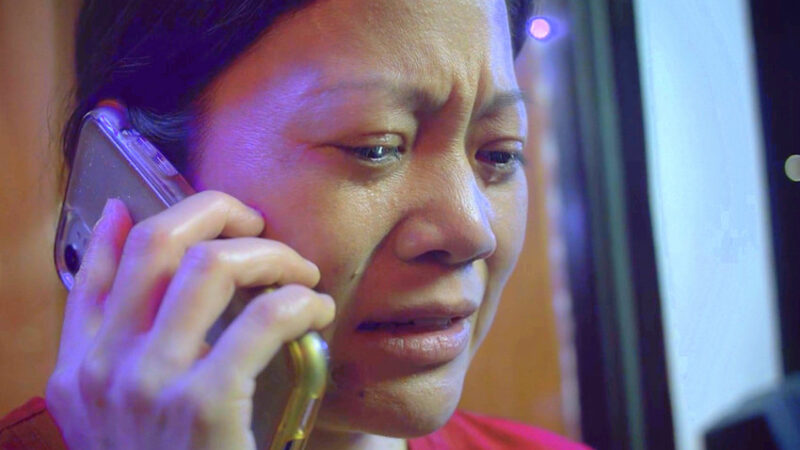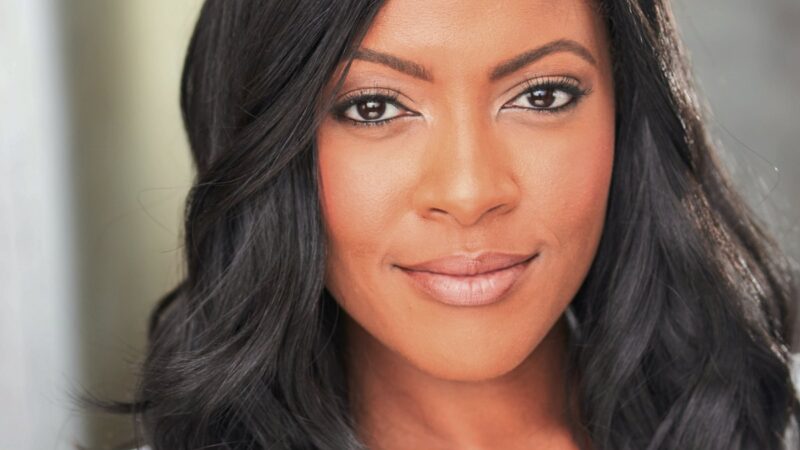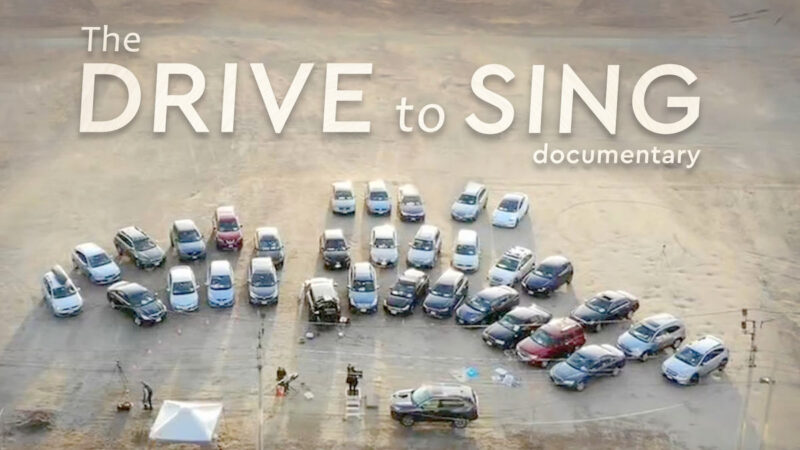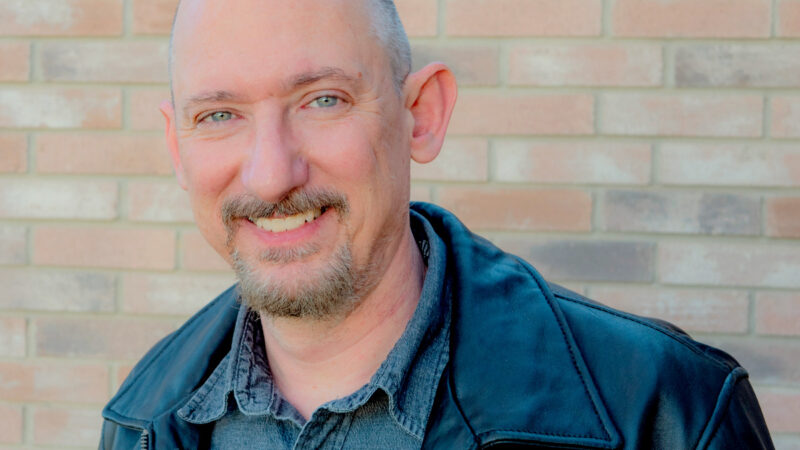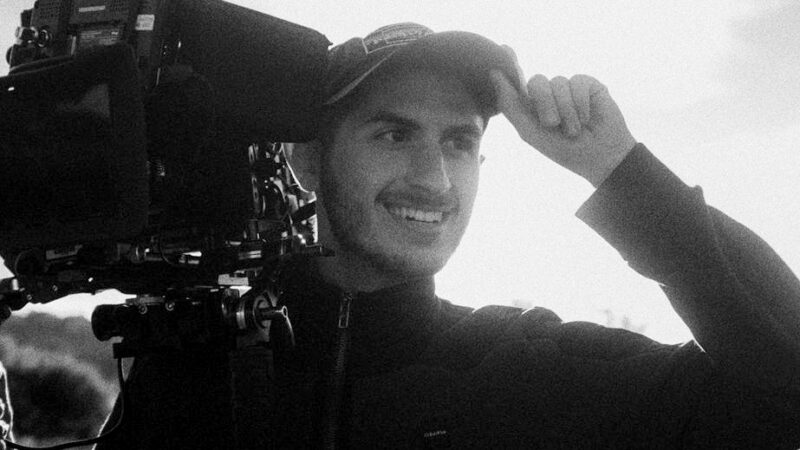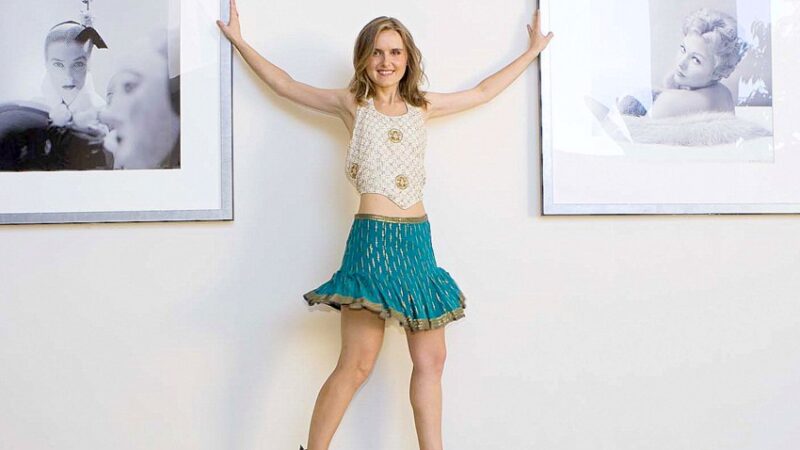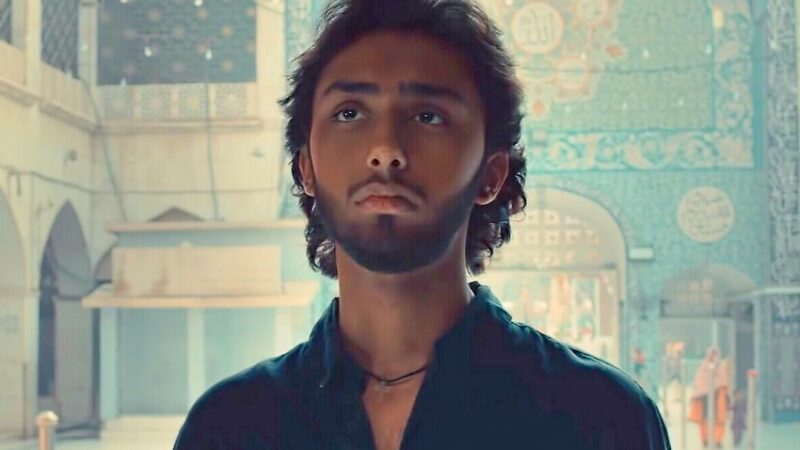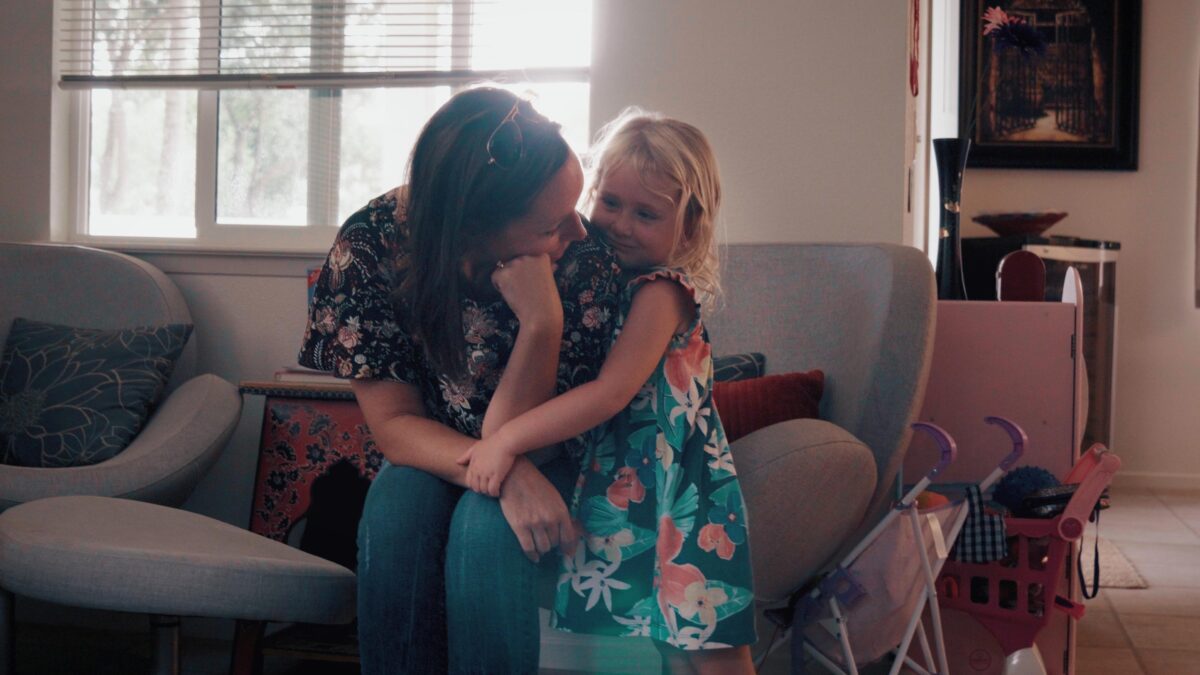
A Case Study
Narrative | Dramatic Features
Film Name: False Alarm
Genre: Documentary
Date: January 13, 2021
Director: Nick Lyell
Producer: Nick Lyell
Writer: N/A
Cinematographer: Nick Lyell
Budget: $5,800
Financing: Self-financed
Shooting Format: 4k digital
Screening Format: Digital
World Premiere: text
Website: FalseAlarmFilm.com
indieactivity: Tell us about “who you are“?
Nick Lyell (NL): I’m an independent filmmaker and artist interested in utopian thinking and reconstructive storytelling. I’m also a member of the artist collaborative Solarpunk Surf Club. I’ve lived and made films in Washington, DC, and Oakland, CA over the past 10 years or so. I don’t like to limit myself just to film and I’ve worked with 3D printed sculpture, projection mapping, interactive data visualizations, social practice art, and in-person gameplay, but films are always a place I keep returning to, taking inspiration from the other mediums I’ve worked in.
The Official Trailer for False Alarm directed by Nic Lyell
Introduce your film?
Nick Lyell (NL): False Alarm is a short feature-length documentary covering the surreal, traumatic, and revelatory fallout from the morning on Hawai’i when everyone thought a nuclear missile was imminent. It’s an essayistic documentary, bridging the events, the responses, and reflections of the people interviewed, and my own experience researching the film’s topics and making the film.
Superficially, the central question of the film is “who pushed the button and how could this false alarm have happened?” Much of the early parts of the film revolves around this question without really providing a detailed answer, but instead turning the camera outward to the doubt, speculation, tension, and contradiction in the stories told about the event, themes which I think the generative score by my composer Max Puchalsky really brings to the surface. The later parts of the film take a more overtly political look at the event, particularly through the lens of trauma, and ask how people either individualize or politicize, internalize or externalize, the traumas of this near-death experience.
I wanted to make the past current in a film about nuclear weapons — with all the goofy atomic-era PSAs of kids hiding under their desks — and so stylistically blended and juxtaposed historical and current footage together. The historical footage is actually nearly all upscaled and colored using some open-source neural network algorithms to take this point further. It’s not a subtle film. I intentionally tried to reject, or at least shine a light on, the hidden power of the directorial voice by including my (not-entirely-professional sounding) narration, rather than a voice-actor stand-in, and making transparent and public my own learning process, as so many essayistic YouTubers and Vloggers do with more or less authenticity online today.
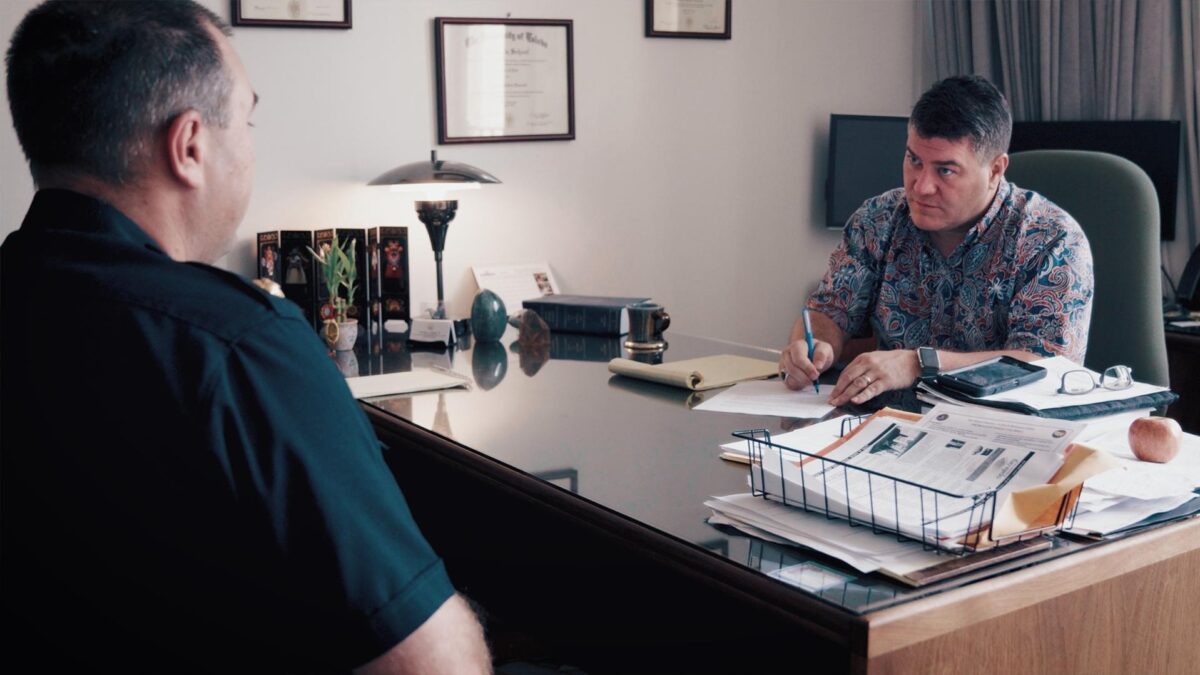
Tell us why you chose to write, produce, direct, shoot, cut/edit the movie? Was it financial, chance, or no-budget reasons?
Nick Lyell (NL): I was making a lot of films at the time that was fun, educational as a director/editor/assistant-director, and meaningful, but I’m a deeply political person concerned for our future and this was an attempt to take on a more authentic authorial voice for myself, as well as bite off a more substantial project in terms of a feature-length film.
I really stumbled on the subject matter when a colleague in Washington, DC at the time, Ally Harpootlian sent me a list of op-eds and articles on the false alarm a few days after it happened. I was pretty stunned at the range of reactions, the visceral fear, and the way that something so ignored, abstract, and challenging as nuclear weapons were made real, concrete, and personal through that event. I started doing some pre-production research and eventually flew to Hawaii to make False Alarm.
Introduce your crew?
Nick Lyell (NL): Max Puchalsky composed the Score and Grace Harvey did Art Direction for the film. I wish I had more of a crew!
That’s one lesson I’m taking away from this film, is never do something like this on your own. I, of course, had a huge number of people who helped me make this film, but even for a no-budget film like this, you can find people interested if you look and ask around. By the time I realized I really wanted to have more people involved, I was too far in my own specific vision of the film to bring in additional collaborators at a level that would feel appropriate to me for someone I couldn’t pay.
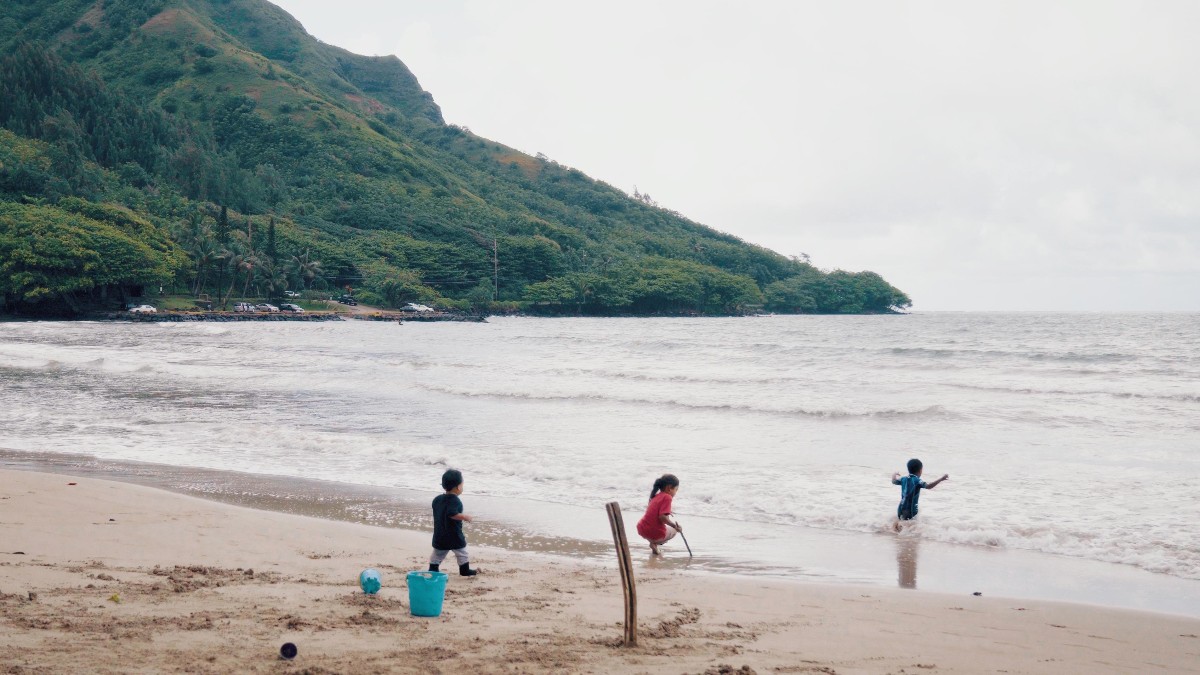
You shot the film in days. How long were your days?
Nick Lyell (NL): Primary photography was done over the course of two weeks in Hawaii. I got up at sunup and was filming till sundown to make the most of it. I did enjoy two days off at the end on the beaches and in the hiking paths of Hawaii. I didn’t have anyone else except the interviews I booked, so I really had to make the most of my time there. There were a couple of interviews I did before on the mainland and a couple of pickup shots after, but those two weeks were 90% of it. Of course, the film leans heavily on archival material, so in some sense, the process was just beginning.
During the film production, what scene (that made the cut) was the hardest to shoot? And why?
Nick Lyell (NL): The main challenge I faced was a lot of variable sunlight. I really wanted to shoot outdoors, but my equipment for keeping outdoor lighting consistent was pretty minimal. That made a lot of the shooting variable, which is never good when you are editing. Especially Kalama’s interview, she went from being nicely shaded to being in full sun to being backlit throughout the interview and that was not ideal.
What about independent filmmaking and the business do you still struggle with?
NL: I really like to try new things and experiment. I’ve found that it’s really important for me to pair up with someone who is detail-oriented and motivated to point out those last-mile parts of the project that I’m likely to want to wrap and move on from. I also need a good partner who enjoys promoting their work, because I again really like to move on to the next shiny and exciting project once I’m wrapped and have enjoyed some champagne at the premiere. Whatever issues I struggle with within the film business, I always try and find those people who complement those deficiencies. That’s how you make something even better next time.
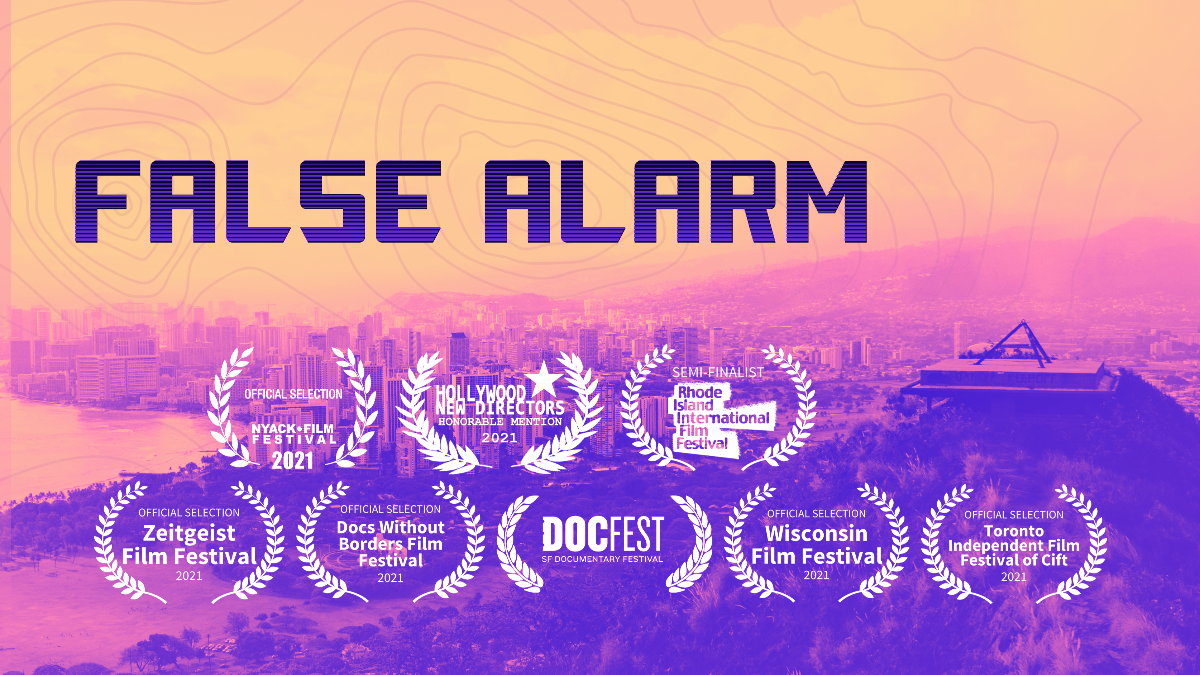
Where do you think your strengths lie as a filmmaker?
NL: I think I am great at staying organized on dates and times, and shooting schedules, and who is doing what and when, and building in contingency plans for when things inevitably take longer than you expect. This is honestly the foundation of all my filmmaking success so far, is getting people and resources together. I also think I gain a lot from my multidisciplinary approach. A lot of people limit themselves when they call themselves a filmmaker, or a painter, or a programmer, or whatever. There is so much we can all learn across disciplines and I think people are too afraid to do something outside their lane sometimes when it could really be an amazing growth opportunity for themselves and their work.
Let’s talk about finance, How did you finance the film?
NL: The film was self-financed. I did some wedding gigs and some website design and other side-hustle things to finance the film while I filmed it. I tried to get some grants, but as a first-time filmmaker, it ended up not feeling worth the time. I wanted to see what I could do with my own means. The grant and investor money will be more likely on the next project.
What do you hope audiences will get from the presentation of your film?
NL: I hope people take away a deep empathy for the people who went through this, and an understanding of how complex it can be to process this kind of trauma. I also hope people will ask themselves about their own location within some of the structures discussed in the film. Ideally, people leave thinking they have a lot of exciting and important things to read, watch, and learn more about.
What else have you got in the works?
NL: Artist prints of Solarpunk Futures (thefuture.wtf) are currently going to printers and should be available for play and purchase soon. It’s a tabletop utopian storytelling game that I’m very excited about. It’s still in the works, but I and some others at Solarpunk Surf Club are thinking about using these utopian stories people create through game-play as foundations for short collective docu-fictions, written and filmed in conjunction with those same communities, organizations, and friend-groups who are the subjects of the films and players of the Solarpunk Futures game.
Tell us what you think of the Case Study for the name of the film What do you think of it? Let’s have your comments below and/or on Facebook or Instagram! Or join me on Twitter.
Follow Nick Lyell on Social Media
Website
IMDb
Facebook
Twitter
Instagram
YouTube
MORE STORIES FOR YOU

